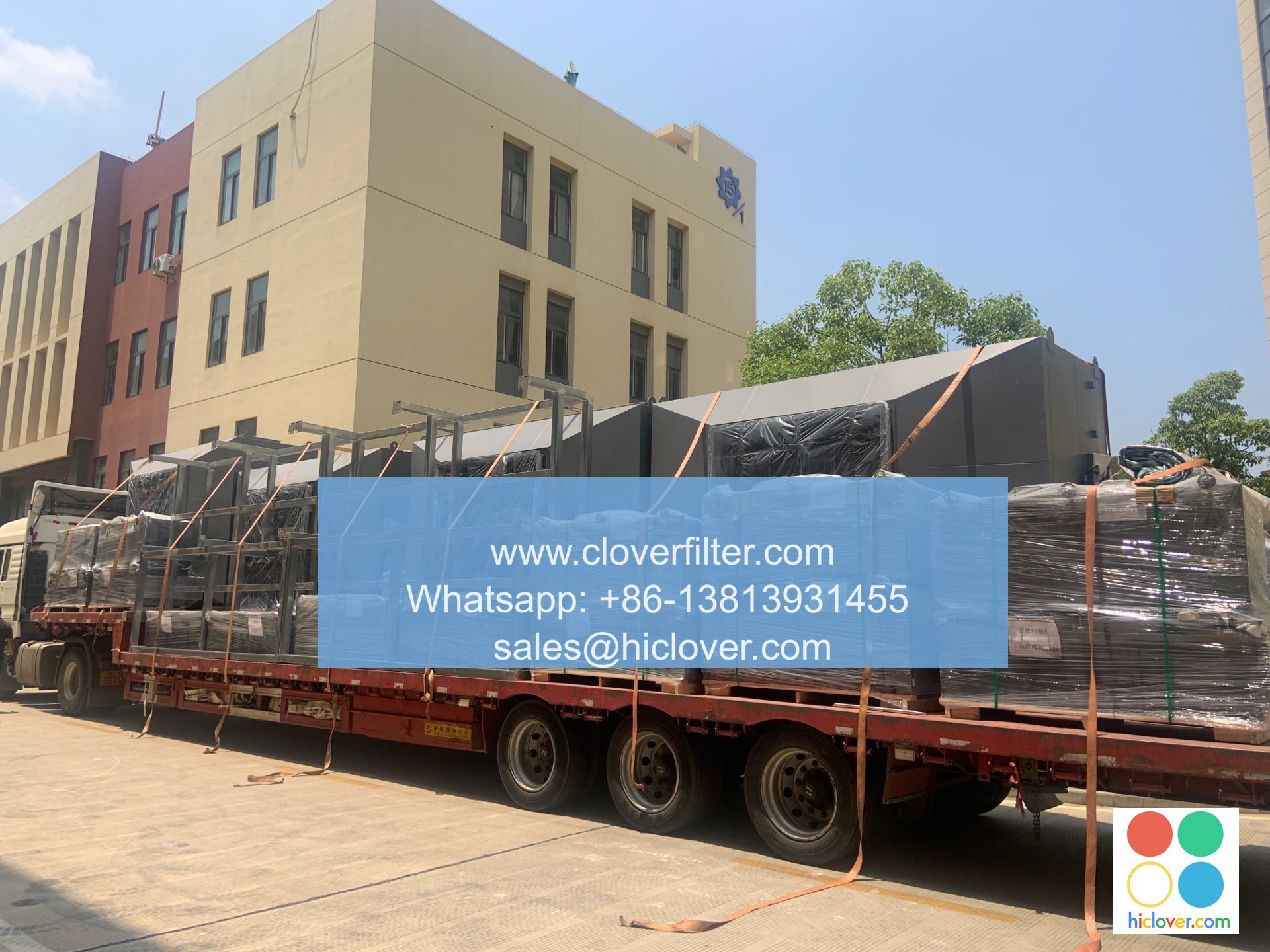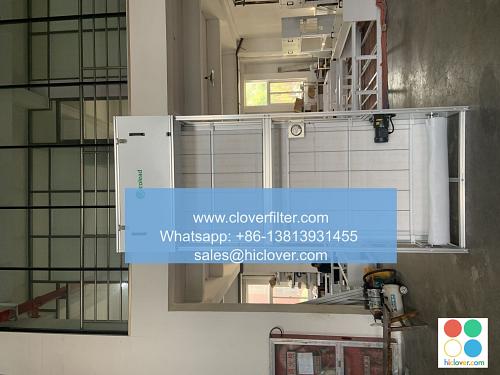The Importance of Air Filters in Reducing Mold and Mildew

Mold and mildew are types of fungi that thrive in damp environments, and can cause significant health problems and damage to buildings. One of the most effective ways to reduce the growth of mold and mildew is by using air filters, particularly high-efficiency particulate air (HEPA) filters and activated carbon filters. In this article, we will discuss the importance of air filters in reducing mold and mildew, and highlight various application areas where they can be used.
How Mold and Mildew Grow
Mold and mildew grow in environments with high humidity, poor ventilation, and presence of organic matter. They can be found in various areas, including kitchens, bathrooms, basements, and crawl spaces. When mold and mildew spores are present in the air, they can be inhaled, causing respiratory problems, allergic reactions, and other health issues.
The Role of Air Filters in Reducing Mold and Mildew
Air filters play a crucial role in reducing the growth of mold and mildew by removing spores and other particles from the air. HEPA filters are designed to capture 99.97% of particles as small as 0.3 microns, including mold and mildew spores. Activated carbon filters, on the other hand, are effective in removing volatile organic compounds (VOCs) and other gases that can contribute to the growth of mold and mildew.
Application Areas for Air Filters
Air filters can be used in various application areas to reduce mold and mildew growth, including:
* Homes and apartments: Air filters can be installed in HVAC systems, air purifiers, and vacuum cleaners to remove mold and mildew spores from the air.
* Commercial buildings: Air filters can be used in office buildings, schools, and hospitals to improve indoor air quality and reduce the risk of mold and mildew growth.
* Industrial settings: Air filters can be used in warehouses, manufacturing facilities, and construction sites to remove mold and mildew spores and other particles from the air.
* Vehicle ventilation systems: Air filters can be used in cars, buses, and other vehicles to improve air quality and reduce the risk of mold and mildew growth.
Benefits of Using Air Filters
The benefits of using air filters to reduce mold and mildew growth include:
* Improved indoor air quality: Air filters can remove mold and mildew spores, as well as other particles and gases, to improve indoor air quality.
* Reduced risk of health problems: By removing mold and mildew spores from the air, air filters can reduce the risk of respiratory problems, allergic reactions, and other health issues.
* Prevention of property damage: Mold and mildew can cause significant damage to buildings and other structures. Air filters can help prevent this damage by reducing the growth of mold and mildew.
* Cost savings: By reducing the growth of mold and mildew, air filters can help prevent costly repairs and maintenance.
Conclusion
In conclusion, air filters play a critical role in reducing the growth of mold and mildew. By using HEPA filters and activated carbon filters, individuals and organizations can improve indoor air quality, reduce the risk of health problems, prevent property damage, and save costs. Whether in homes, commercial buildings, industrial settings, or vehicle ventilation systems, air filters are an essential tool in the fight against mold and mildew. It seems like you haven’t provided a prompt for me to respond to. Please provide a question or topic you’d like to discuss, and I’ll do my best to assist you.

